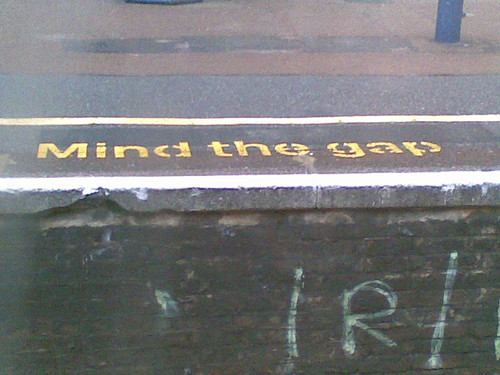Rocky Carvel posted today about the tension between losing the Biblical moorings of conservative Christianity and a vibrant and powerful experience of Christianity. I can really relate to his post: in my case, I think that having had a life-transforming experience actually gave me the courage to engage in critical thinking about what I believe and in critical study of the Bible. The Bible had been important to my faith, but it was not ultimately what it was about, and had not been the means whereby I had come to faith. I wonder how frequently it is the case that those who resist critical study of the Bible, or lose their faith because of it, are those for whom the Bible itself was the “anchor” of their faith, whereas those who embrace critical study or retain a form of faith after engaging in it are people for whom the text was never their foundation.

In working through these issues, Keith Ward’s book What the Bible Really Teaches was very helpful in allowing me to transition from guilt about having changed my views about the Bible, to a recognition that I had not forsaken the Bible but was in fact finally dealing with it honestly. Ward’s book also helped me realize that approaching the Bible more critically doesn’t have to mean being “less Christian.”
In various aspects of the study of Christian a gap has long been posited/acknowledged between the quest for certainty and what we can actually demonstrate, between our own experience and reality. There is a gap between ultimate reality and our concepts of God, between what the Bible says and what we actually believe and do, between the “real Jesus” and Jesus as historians can draw conclusions about him based on the evidence available.
What do you think? Would you agree that there is supposed to be (or at least, that it is inevitable that there is) a gap between our concept of God and ultimate reality, between what historians and scientists can “prove” beyond reasonable doubt and what we value and how we live, between the Bible and other ancient sacred texts and the form a religion takes in the present? Are such gaps between reality and perception, between what we’d like to be certain about and what available evidence allows us to conclude, an aspect of human life that is not limited to religious matters? How have you embraced or learned to live with gaps between proof/evidence and values/convictions?












